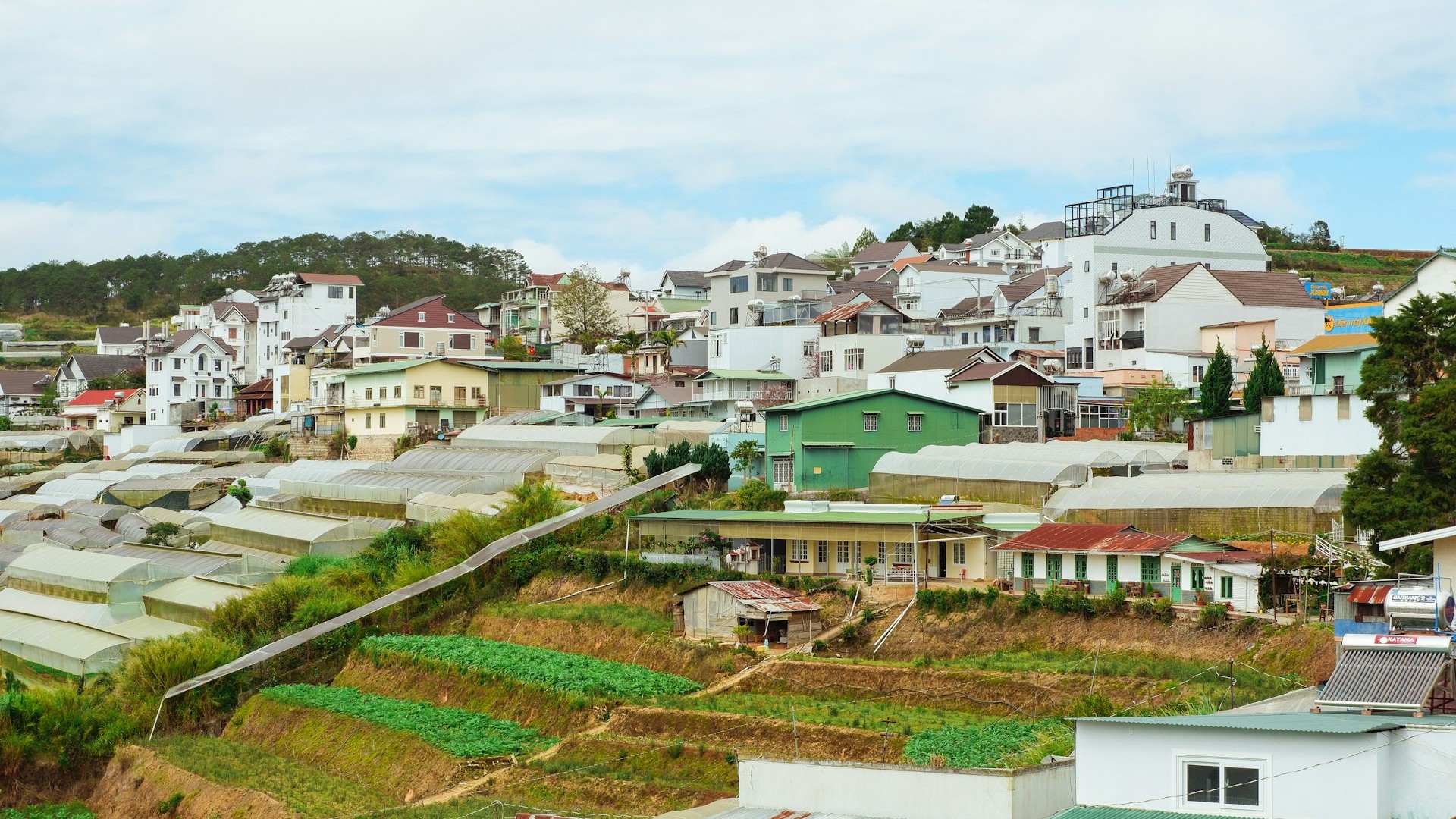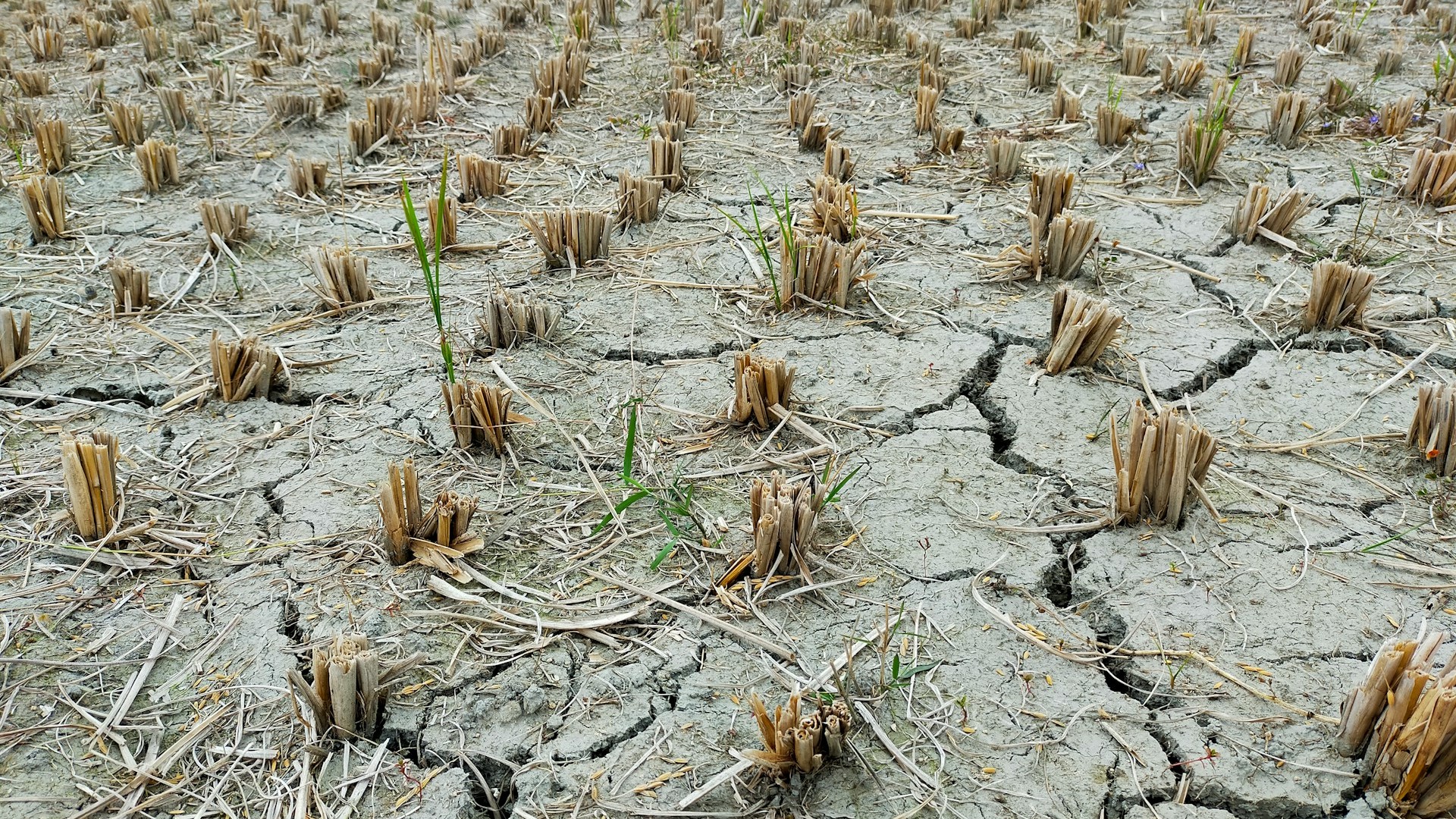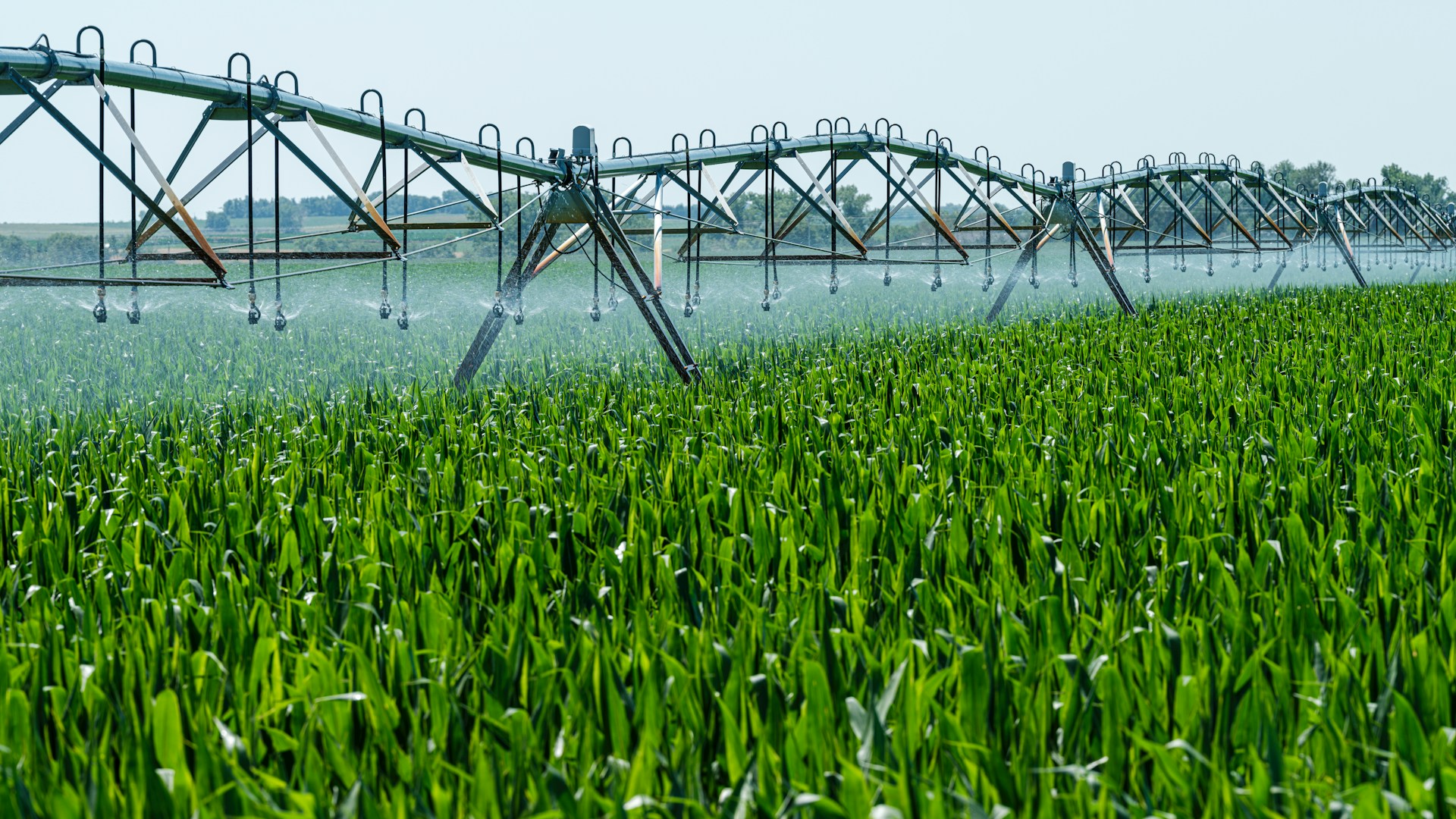
Project Overview
The Community Agricultural Development project focuses on strengthening local economies and improving quality of life by enhancing agricultural practices and water resource management at the community level. This holistic approach addresses both food security and economic development needs.
Project Components
- Establishment of community-managed demonstration farms
- Training programs for sustainable farming techniques
- Development of water access points for agricultural use
- Creation of farmer cooperatives and market linkages
Community Participation
Local communities are at the center of this project, with each component designed and implemented with their active participation. Community members have formed management committees that oversee the demonstration farms and water access points, ensuring local ownership and sustainability.
Through regular workshops and field schools, farmers learn innovative techniques for crop selection, soil conservation, pest management, and efficient water use. These skills have allowed them to diversify their crops and increase their yields significantly.
Water Infrastructure
The project has developed 15 new water access points strategically located to serve agricultural needs. These include wells equipped with solar pumps, small-scale reservoirs, and irrigation channels that distribute water efficiently to farming areas.
Economic Empowerment
Beyond production improvements, the project has established farmer cooperatives that strengthen local farmers' market position. These cooperatives facilitate bulk purchasing of inputs, collective marketing, and value addition activities that increase product value and farmer incomes.
Project Impact
To date, the project has benefited over 2,000 households across multiple regions, with average household incomes increasing by 35%. Food security has improved, and communities have developed greater resilience to seasonal variations in rainfall.
Project Impact
Community Development Outcomes
This project has transformed agricultural practices and livelihoods in participating communities:
- 2,800 farming households now using sustainable farming techniques
- Average crop diversity increased from 3 to 7 crop types per farm
- Post-harvest losses reduced by 35% through improved storage methods
- 15 water access points providing reliable irrigation to previously underserved areas
- 12 farmer cooperatives established, with total membership of 1,850 farmers
- Women's participation in agricultural decision-making increased by 40%
Community surveys show a 28% reduction in reported food insecurity and an overall improvement in nutrition diversity scores, particularly among children.
Project Team
Samuel Okafor
Environmental Specialist
Environmental scientist with expertise in ecological impacts of water management systems. Ensures project activities adhere to environmental best practices and minimize negative impacts on local ecosystems.
Ibrahim Okonkwo
Agricultural Expert
Specialist in sustainable agriculture with deep knowledge of local farming systems. Advises on crop selection, farming techniques, and agricultural water management to maximize productivity and sustainability.
Mohammed Johnson
Community Liaison
Works directly with local communities to ensure project activities are aligned with community needs and priorities. Facilitates community participation and communication throughout the project cycle.
John Ndukwe
Technical Lead
Technical expert with extensive knowledge of water systems engineering and sustainable technologies. Leads the technical design and implementation of project components with a focus on efficiency and sustainability.
Victor Musa
Project Manager
Experienced project manager with over 15 years in water resource management and rural development projects. Specializes in coordinating multi-stakeholder initiatives and ensuring successful project delivery.
Project Gallery

Project photo 1 for Community Agricultural Development

Project photo 2 for Community Agricultural Development

Project photo 3 for Community Agricultural Development

Project photo 4 for Community Agricultural Development
Project Timeline
Project Initiation (September 2024)
Official start of the project with initial planning and team formation.
Project Design Finalization (September 2024)
Technical designs and implementation approach finalized based on stakeholder input and technical assessments.
Needs Assessment Completion (October 2024)
Comprehensive analysis of community needs and requirements completed to inform project design.
Equipment Procurement Complete (January 2025)
All necessary equipment and materials procured and delivered to project site.
Staff Training Program (January 2025)
Training program conducted for staff and community members on system operation and maintenance.
Mid-term Review (May 2025)
Comprehensive review of project progress, challenges, and any necessary adjustments to implementation plan.
Team Recognition Event (October 2025)
Additional project activity to engage stakeholders and maintain momentum.
Project Impact Assessment (October 2025)
Analysis of the project's impact on community welfare and environmental conditions.
Project Impact Assessment (November 2025)
Analysis of the project's impact on community welfare and environmental conditions.
March 2026
Projected completion date based on current timeline.
Stakeholder Testimonials
The consistency of water supply has allowed me to establish a small food processing business that wasn't possible before. I now employ five people from the community, creating a ripple effect from the initial project.
Sarah Adamu
Local Business Owner
March 2025
The partnership approach of this project sets it apart from others. By involving local government from the beginning, the interventions align perfectly with our development plans and have our full support for long-term maintenance.
James Bwala
Local Government Official
April 2025
The attention to detail in planning and implementation has made this project exceptionally effective. We've already incorporated many of the approaches into our own water management initiatives elsewhere.
Ahmed Hassan
Partnering NGO Representative
March 2025
Explore More Projects

Operational Efficiency Enhancement
Improving organizational processes and systems to enhance the operational efficiency of the Authority.

Drought Resilience Program
Building community resilience to drought through water management and agricultural adaptation strategies.


